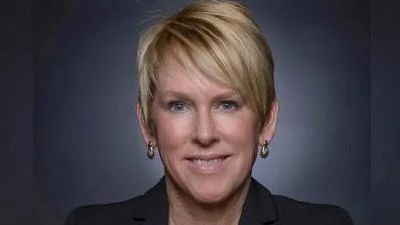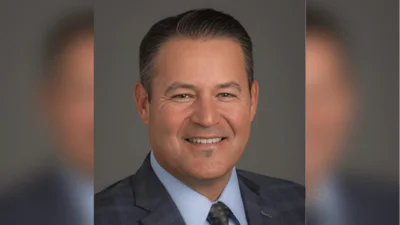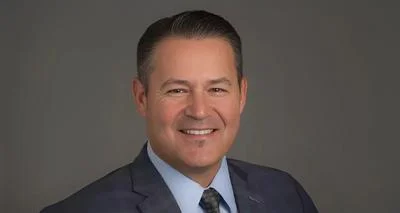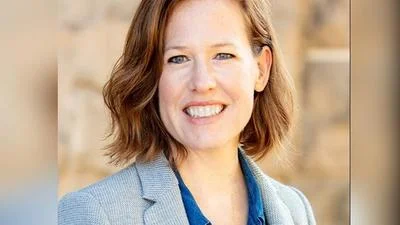University of Wisconsin - Eau Claire issued the following announcement on Dec. 22
Although the fall semester ended less than a week ago, many students and faculty at the University of Wisconsin-Eau Claire are preparing to dive back into coursework on Monday, Jan. 3, 2022, taking advantage of the unique learning and instructional opportunities this three-week winter term provides.
Enrollment for the 2022 UW-Eau Claire Winterim session is 1,572 students in 92 wide-ranging courses. Mathematics, geography, economics, criminal justice, art, dance and business are just a small sample of departments offering Winterim classes. The enrollment numbers also include 90 students taking part in five different cultural immersion programs led by 11 faculty members.
Dr. Jeff DeGrave, cultural immersion coordinator at UW-Eau Claire, says that while a few programs have been canceled due to concerns or restrictions related to COVID-19, careful planning and protocol adherence has allowed for several of the unique learning experiences to resume in 2022.
“We have had to be flexible in fulfilling new domestic and international COVID-related requirements, as well as taking extra COVID precautions while traveling to all of our programs,” DeGrave says, citing a newly added requirement for the Guatemala trip, which requires a negative COVID-19 test the day before departure.
“In addition, Puerto Rico now requires everyone to register through their recently created ‘Travel Safe’ visitor tracking system to help with contact tracing of all visitors to the island. These are just two of many examples of new policies and procedures that have allowed our programs to go forward.”
Domestic and international immersion trips for January 2022, all noncredited courses, are:
- Guatemala: Social and Environmental Justice.
- The Civil Rights Pilgrimage in the southern U.S.
- Puerto Rico: Discovering Difference through Service-Learning.
- Fresno: Cultural Practices of the Hmong.
- Western Wisconsin: Understanding the Afghan Refugee Experience.
“Winterim courses are perfect for students who want to focus on one course at a time, or those who want to get back on track if they had fewer than 15 credits in a previous semester,” says ARCC academic advisor John Reichert. “It can also lighten a student’s credit load in future semesters.”
Reichert adds that certain liberal education options are available only during Winterim — options that can allow students to pursue credit for a special interest course and fulfill the LE degree-plan requirements.
For students who prefer a true break from the classroom, the Winterim term can be spent taking care of other degree-plan requirements or long-term career goal planning.
“Winterim is a great time to complete a service-learning project, experiences that often help solidify career decisions for students,” says Staci Heidtke, associate director of the ARCC. “It is also a time to conduct informational interviews with alumni and other contacts to jumpstart the internship and job search process.”
Ian Pongratz, a December psychology graduate from Rice Lake, took advantage of both the Winterim and summer terms, and says that doing so kept him on track for graduating in more ways than one.
“Taking winter and summer-term classes helped me shave a full semester off my graduation timeline, and also made the regular semesters less stressful by lightening the credit loads,” Pongratz says.
“The added benefit of winter classes was not having that lull between semesters. I stayed focused throughout the year, and did not get out of my rhythm and study habits.”
Registration for Winterim and summer courses begin a few months in advance, so students interested in taking part should watch the Academic Affairs website for dates and deadlines, and the Blugold Central site about tuition, fees and financial aid for these shorter terms.
Original source can be found here.





 Alerts Sign-up
Alerts Sign-up